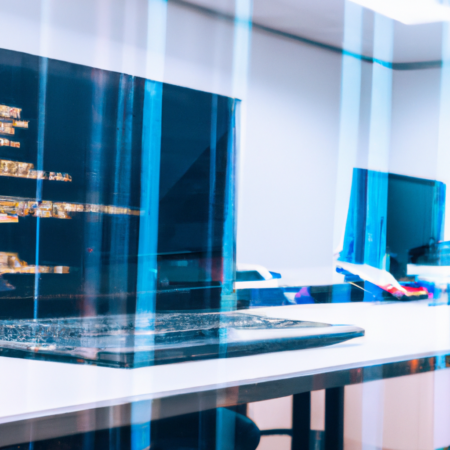Exploring the Quantum Leap: The Future of Quantum Computing in 2025
As we step into the second quarter of 2025, quantum computing continues to redefine the boundaries of processing power and computational capabilities. This transformative technology, once a theoretical fantasy, is now at the forefront of driving major innovations across various sectors including cybersecurity, pharmaceuticals, artificial intelligence, and beyond.
Understanding Quantum Computing
Quantum computing harnesses the phenomena of quantum mechanics to process information. The fundamental unit of computation in a quantum computer, the qubit, leverages superposition and entanglement to perform multiple calculations simultaneously, offering a dramatic increase in processing power over classical computers.
The Impact on Industries
In the healthcare sector, quantum computing is revolutionizing drug discovery by significantly speeding up the process of molecular simulation and genetic sequencing. Financial institutions are leveraging quantum algorithms to optimize trading strategies and minimize risks. Moreover, in cybersecurity, quantum cryptography offers theoretically unbreakable encryption, providing a new level of security.
Quantum Computing and AI
The synergy between AI and quantum computing is opening up new frontiers. Quantum AI algorithms can analyze vast datasets much faster than traditional AI, which could lead to breakthroughs in learning algorithms and neural network design.
Challenges and the Road Ahead
Despite its potential, quantum computing faces significant challenges. Qubit stability, error rates, and scalability need substantial improvement. The quantum computing industry is actively engaged in research to address these issues and pave the way for more robust quantum computers.
Conclusion
As 2025 progresses, the quantum computing industry continues to evolve. With ongoing advancements, the potential of quantum computing to impact our world remains immense, promising a new era of technological innovation.






